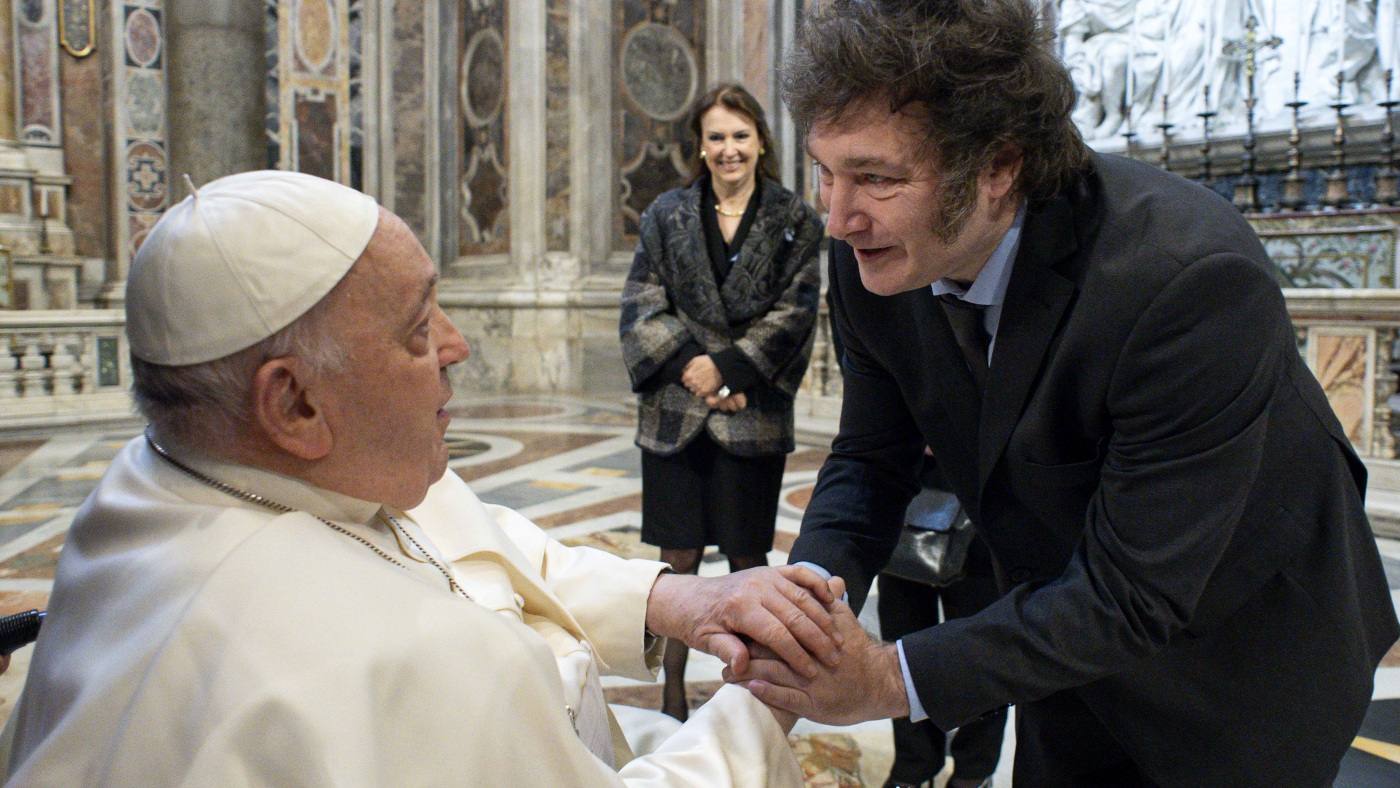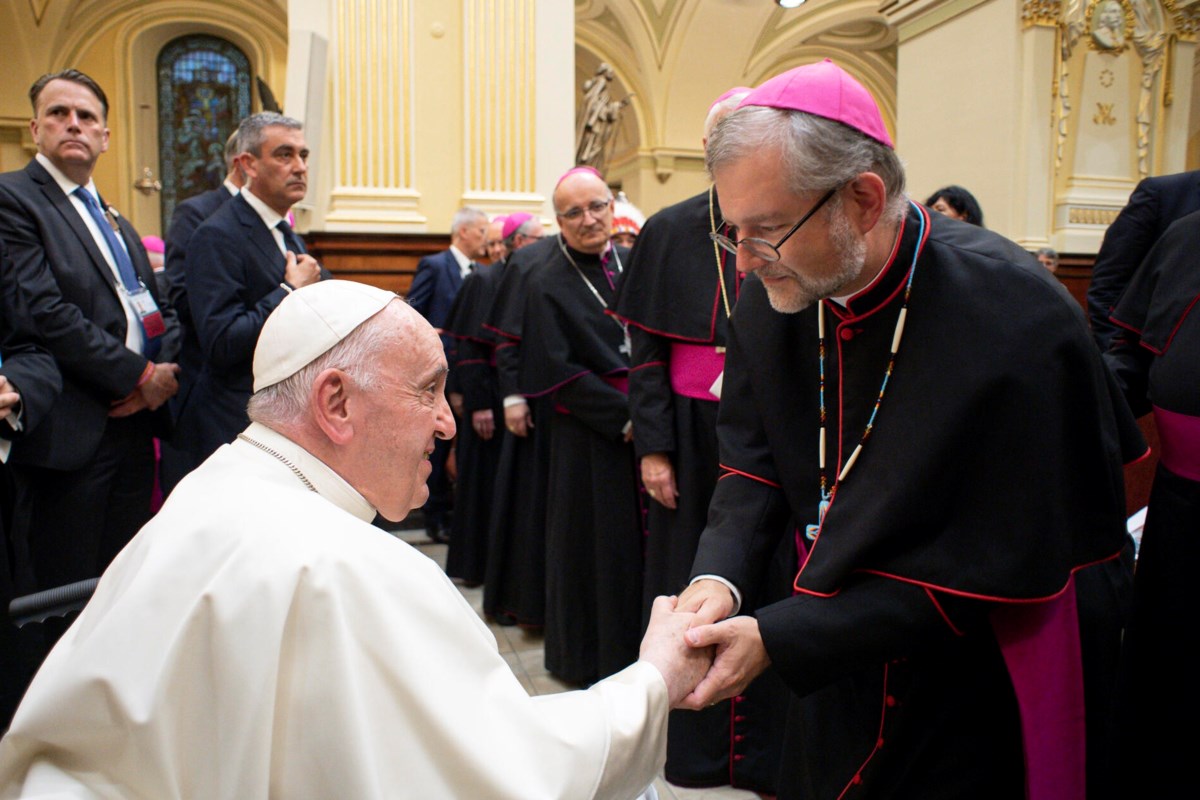Pope Francis: A Trailblazer for the Global Catholic Church

Pope Francis, born Jorge Mario Bergoglio in 1936, made history as the first non-European head of the Roman Catholic Church in over a thousand years. His election in 2013 marked a significant shift in the Vatican's leadership, as he brought a fresh perspective and a unique background to a position that had long been dominated by European clerics.
Hailing from Buenos Aires, Argentina, Bergoglio is the son of Italian immigrants who settled in South America, instilling in him a deep appreciation for his Argentine roots. His love for mat, a traditional caffeine-rich infused drink enjoyed widely across Argentina, symbolizes his connection to his homeland. In addition, his fondness for tango, a dance that originated in the streets of Buenos Aires, reflects not only his cultural ties but also his lively spirit.
Pope Francis celebrated his 78th birthday in a manner that embodied his approachable and joyful personality. He welcomed hundreds of couples to St. Peter's Square, where they danced the tango, an event that undoubtedly brought happiness to the pontiff. Before his ascension to the papacy, he had an intriguing career as a nightclub bouncer in Buenos Aires, a role that likely contributed to his ability to connect with people from all walks of life.
Beloved for his genuine engagement with the faithful, Pope Francis is known for his 'common touch.' He often mingles with crowds, taking the time to kiss babies, embrace disabled individuals, and reach out to those with disfigurements. This accessibility is a hallmark of his papacy, demonstrating a departure from the more insulated approach of some of his predecessors. Defying the concerns of his security team, he famously refuses to travel in a bulletproof popemobile, opting instead to interact closely with the faithful. This decision speaks volumes about his commitment to humility and connection.
Throughout his papacy, Pope Francis has set numerous precedents, highlighting the evolving nature of the Catholic Church. He is not only the first Jesuit pope but also the first to adopt the name of St. Francis of Assisi, a figure known for his dedication to poverty and care for the environment. Furthermore, his leadership represents a significant acknowledgment of the Global South's role in the Church, as he strives to include voices from diverse backgrounds in Church discussions and decision-making processes.


























